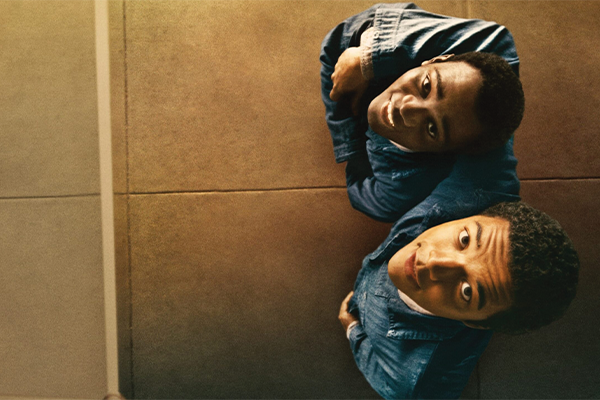Trauma changes your memories. When I think of traumatic experiences in my life — what happened, how I felt before that moment, how I felt afterward, the changes I’ve noticed in myself since — they often play in short bursts. Those bursts are rarely sequential, and the length of time they last depends on how long I allow myself to linger on a memory.
Filmmaker RaMell Ross’ Nickel Boys, an adaptation of Colson Whitehead’s 2019 Pulitzer Prize-winning novel, is a record of trauma. It tells the story of two Black boys’ experience at an abusive reform academy in Jim Crow-era Florida. The fictional Nickel Academy is inspired by an actual place, Florida’s Dozier School for Boys, where students received brutal treatment at the hands of staff. A 2012 investigation by the University of South Florida uncovered dozens of human burial sites on the property.
Ross does something unique with this story about trauma, memory, and how they relate to each other: He makes it feel authentic. Scenes of varying length jump around in time, together telling us the story of wrongly arrested Elwood (Ethan Herisse) and repeat offender Turner (Brandon Wilson). The boys try to survive under the thumb of Nickel Academy’s violent, exploitative headmaster Mr. Spencer (Hamish Linklater), and Elwood’s grandmother Hattie (Aunjanue Ellis-Taylor) fights to get Elwood released.
Nickel Boys is a story of institutional racism and personhood revoked. To that end, Ross’ camera literally puts us in the perspective of Elwood for the first third of the film, then switches between Elwood and Turner after Elwood’s arrival at Nickel Academy. We’re seeing things through their eyes — young Elwood’s dreamy focus on a knife cutting through cake, rich frosting oozing off. And later we see Turner’s perspective of Elwood’s battered face. To the system, Elwood and Turner may not be human beings, but Ross ensures we never make that mistake.
The film acknowledges injustice, abuse, and repeated heartbreak, but never dwells on it. Death and violence are ever-present, but rarely seen. The effect is twofold, on one hand feeling authentic to the mental experience of trauma — the things our brains acknowledge happened but refuse to let us see — and on the other, shifting the film’s focus to Elwood and Turner’s refusal to let themselves be lost.
The film’s insistence on keeping us in Elwood and Turner’s shoes, and slowly letting us put the pieces of their story together for ourselves, is remarkable; it feels authentic to the experience of memory. Nickel Boys manages to be a film about relationship, redemption, survival, and hope, while still being honest about the difficulty of maintaining those things in a place like Nickel Academy.

Got something to say about what you're reading? We value your feedback!

